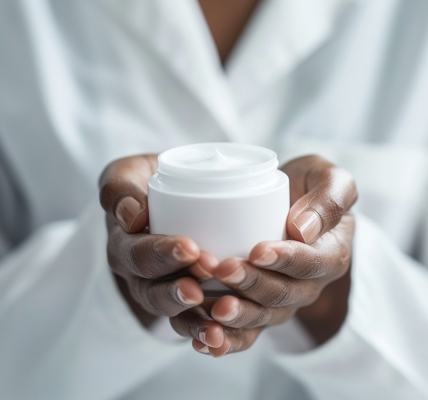Your Privacy, Your Choice
In today’s digital landscape, privacy has become a paramount concern for users worldwide. The choices you make regarding your online privacy are essential, and understanding how cookies function is a crucial part of that decision-making process. Essential cookies are the backbone of website functionality, ensuring that the site operates smoothly and efficiently. However, optional cookies play a significant role in enhancing user experience through advertising, content personalization, usage analysis, and social media integration.
By accepting optional cookies, users consent to the processing of their personal data, which may include transfers to third parties. It’s important to note that some of these third parties operate outside of the European Economic Area, where data protection standards can vary significantly. This raises important questions about the safety and security of your personal information.
For those interested in managing their privacy preferences, detailed information is often available in the privacy policy of the website. This document outlines how personal data is used and provides guidance on how to change your cookie preferences. Users have the option to accept all cookies, reject optional cookies, or customize their selections according to their comfort levels.
Innovative Drug Delivery System for Parkinson’s Disease Management
Recent advancements in medical technology have paved the way for innovative solutions in the management of chronic conditions such as Parkinson’s disease. A groundbreaking study published in Scientific Reports introduces a non-invasive oral drug delivery system designed for the continuous administration of levodopa-carbidopa (LD-CD), a common treatment for Parkinson’s disease.
Parkinson’s disease is characterized by a range of debilitating symptoms, including motor control issues. One of the challenges in treating this condition is the short plasma half-life of many medications, which necessitates frequent dosing. The new drug delivery system addresses this issue by allowing for long-term, continuous administration of LD-CD, overcoming a challenge that has persisted in the medical community for years.
The innovative system involves a reusable orthodontic retainer that features a co-molded pocket. Patients are instructed to insert a new 1 mL propellant-driven, prefilled disposable drug delivery extruder into this pocket after each meal. The system is designed to extrude a semisolid paste containing a high concentration of the drug—up to 1200 mg/day of a 4:1 levodopa-carbidopa formulation. This paste is delivered to the lingual side of the teeth, where it mixes with saliva and is swallowed, providing a non-invasive method for drug administration.
A 15-day open-label clinical trial involving 16 participants demonstrated promising results. The trial revealed that the continuous extruding of LD-CD paste significantly reduced the variability of plasma LD concentration compared to traditional LD-CD tablets. Moreover, patients reported alleviated symptoms of advanced Parkinson’s disease, suggesting that this innovative delivery method could enhance treatment outcomes.
This new approach to drug delivery aligns with ongoing efforts to improve the quality of life for individuals living with Parkinson’s disease. By minimizing the need for frequent dosing and providing a more consistent level of medication in the bloodstream, patients may experience fewer fluctuations in their symptoms, leading to a more stable daily routine.
Exploring Similar Innovations
The development of this non-invasive drug delivery system is part of a broader trend in the medical field, where researchers are continuously seeking ways to enhance the administration of medications for chronic conditions. For instance, other studies have explored the use of levodopa-carbidopa intestinal gel for advanced Parkinson’s disease patients, indicating a growing interest in alternative delivery methods that prioritize patient comfort and adherence to treatment regimens.
Additionally, issues such as dysphagia, or difficulty in swallowing, present significant challenges for many patients with Parkinson’s disease when it comes to medication administration. Addressing these challenges through innovative solutions is crucial for improving treatment adherence and overall patient outcomes.
As the medical community continues to explore advancements in drug delivery systems, the focus remains on enhancing patient experience and treatment efficacy. The introduction of non-invasive methods like the continuous oral delivery system for levodopa-carbidopa is a promising development, signaling a potential shift in how chronic conditions are managed moving forward.
The exploration of these technologies not only highlights the importance of patient-centered care but also emphasizes the need for ongoing research and development in the field of medicine. As new solutions emerge, patients and healthcare providers alike can look forward to more effective and convenient treatment options that align with their needs and preferences.





